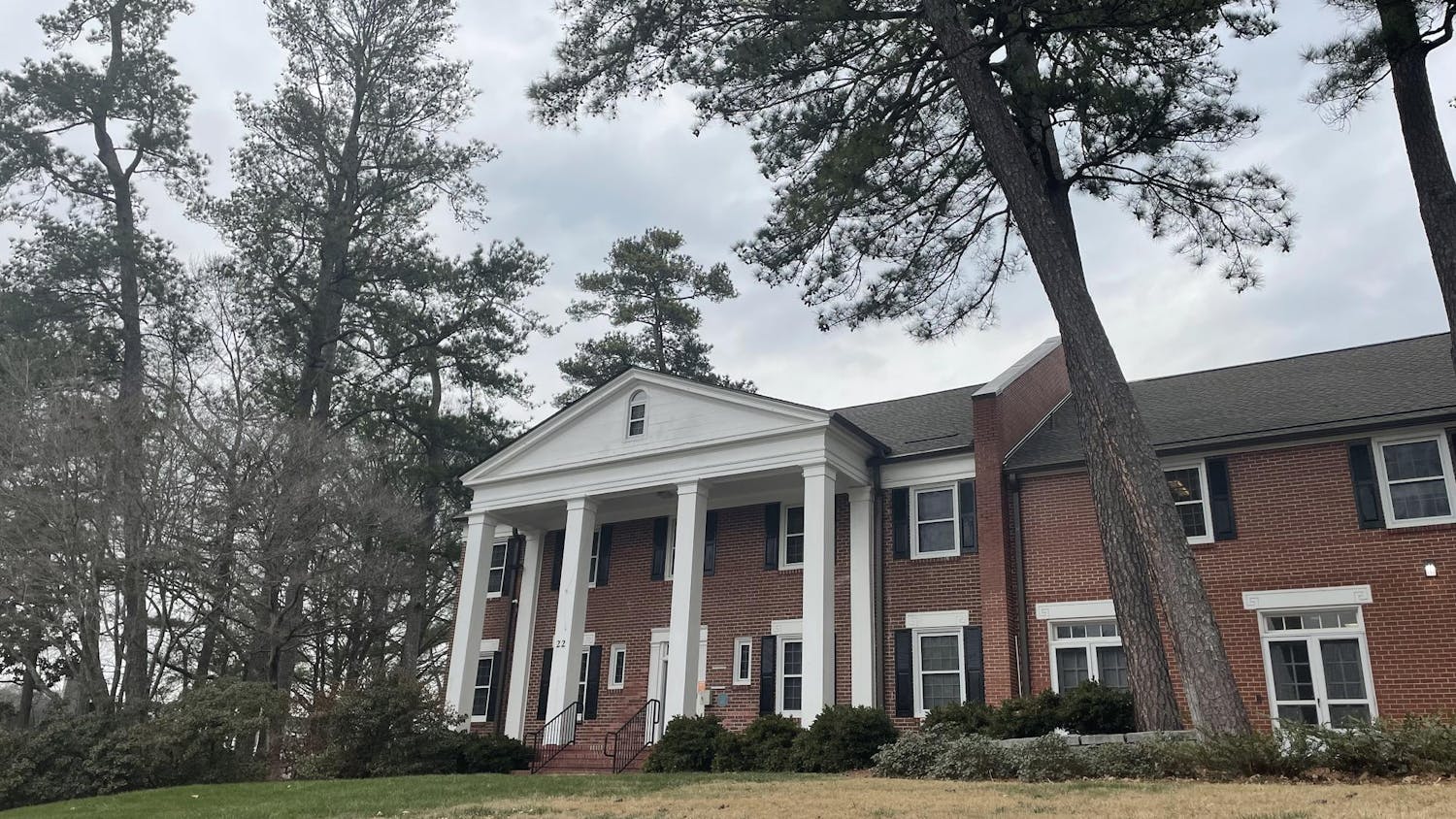
The best leaders are those who not only recognize a problem and design an effective solution but also have a personal connection to that problem that guides their actions. This is the case for Student Government Association (SGA) vice presidential candidate Pranay Mamileti (26C).
Upon entering Emory University, Mamileti told The Emory Wheel’s Editorial Board during his interview that he felt “unsupported by administration” and a “lack of community,” which led him to seriously consider transferring to a different school. He eventually realized that neither community nor resources were in short supply, but that his knowledge about their presence, and subsequent ability to access resources, was limited. In his interview with the Board, Mamileti highlighted poor communication between the administration and students as the root source of many issues at Emory. Initiatives to address these communication gaps comprise the foundation of “Building Bridges, Making Progress,” the shared platform of Mamileti and his running mate, SGA presidential candidate Abigail Dubinski (25B). It should be noted that the Editorial Board is not confident in Dubinski’s response to questions about her ability to enact policies in line with Emory’s Respect for Open Expression Policy, which reflects on her running mate’s personal ideologies. As Mamileti currently serves as SGA’s c0-vice president of wellbeing, we would expect to see him ensure the protection of free speech on campus if he were to take up Dubinski’s current role as SGA vice president.
Mamileti’s work with Emory Sexual Assault Peer Advocates (SAPA) is integral to his goal of “Building Bridges.” In the past year, he and Co-Vice President of Wellbeing Jean Qian (25C) passed a bill mandating that all clubs receive SGA supplemental funding to support SAPA Safe Training. In his interview with the Board, Mamileti emphasized his continued dedication to improving student access to SAPA resources, as well as tailoring the resources to align with student needs. For instance, Mamileti is collaborating with SAPA to develop education resources that embrace a peer-to-peer approach to conversations about sexual assault. This includes the establishment of a peer advocate office, which “will act as a central resource where any student can just come describe any issue they have, and … their advocate will point them in the right direction,” Mamileti said in his interview with the Board.
Initiatives housed under Mamileti and Dubinski’s platform are grounded in a refreshing pragmatism that is oft-ignored by student government candidates. In particular, Mamileti asserted the importance of balancing “smart intentional interventions in the short term” with goals that “might have a longer timetable” during his interview with the Board. Mamileti indicated that it is imperative to be attentive to student concerns, and when there is a clear, simple redress to the problem, SGA should immediately implement that solution. An example he provided of such action is addressing Oxford College student complaints about the difficulties of using Oxford Dooley Dollars on the Atlanta campus. He proposed distributing flyers with clear instructions on how to use Oxford Dooley Dollars at all Dooley Dollar exchange venues on the Atlanta campus. Additionally, Mamileti is determined to set up initiatives that will remain past his time in office.
Mamileti referenced his and Dubinski’s plans to reduce the cost of health insurance at Emory. Currently, Emory’s Student Health Insurance Plan is not included in financial aid packages, imposing additional expenses on uninsured students. Mamileti said he and Dubinski will continue this conversation with the administration until the end of the next calendar year.
Mamileti’s ability to deliver on his promises in office is evidenced by the extensive groundwork he has laid alongside Dubinski for initiatives such as SAPA improvements and a track record of action-oriented leadership. With his previous SGA experience, serving as a first-year College Council representative, leadership positions in various clubs outside of SGA and a 20- to 30-hour weekly internship, the Board is confident Mamileti can tackle the demands of an SGA vice presidency. Furthermore, Mamileti’s decision to step back from many of these involvements so he can fully focus on his role as SGA vice president attests to his dedication to the position. His focus throughout the year on building a strong network of relationships between the Emory administration and students, as well as the tangible change he has already affected through SGA, provides the Board with confidence that Mamileti will successfully implement the initiatives he outlined in his platform.
In his interview with the Board, Mamileti’s devotion to his constituents was evident. He described his work to establish a peer advocate office, which would engage in conversations with different student groups, such as Emory Students for Students, at locales such as Bread Coffeehouse. Mamileti noted that collecting ample feedback from these organizations took him and Dubinski an entire year but viewed the time investment as essential to ensuring that the project is created not just for students but by students.
The Board is confident in endorsing Mamileti. His previous impactful work within student government suggests he will flourish as vice president of SGA, changing Emory for the better. With his clear dedication to students, both as peers and as constituents, voters should feel assured to vote for Mamileti in the uncontested race for vice president of SGA.
Managing Editor Sophia Peyser (25C), Editorial Board Editor Marc Goedemans (25C), Opinion Editor Saanvi Nayar (26C) and Asst. Opinion Editor Lola McGuire (26C) recused themselves due to a conflict of interest with Mamileti and were not involved in writing or editing this opinion.
The above editorial represents the majority opinion of The Emory Wheel’s Editorial Board. The Editorial Board is composed of Marc Goedemans, Sophia Hoar, Carson Kindred, Justin Leach, Eliana Liporace, Lola McGuire, Saanvi Nayar, Sara Peréz, Jaanaki Radhakrishnan and Ilka Tona.









